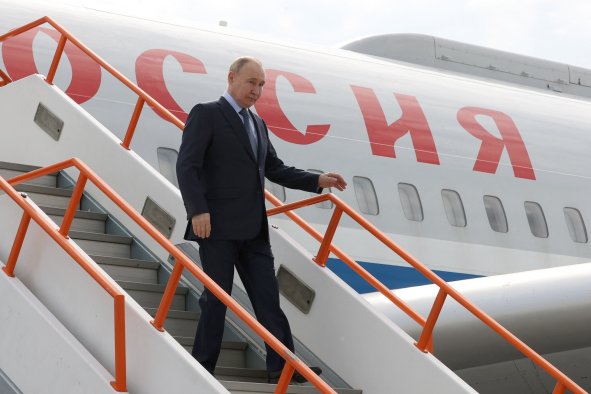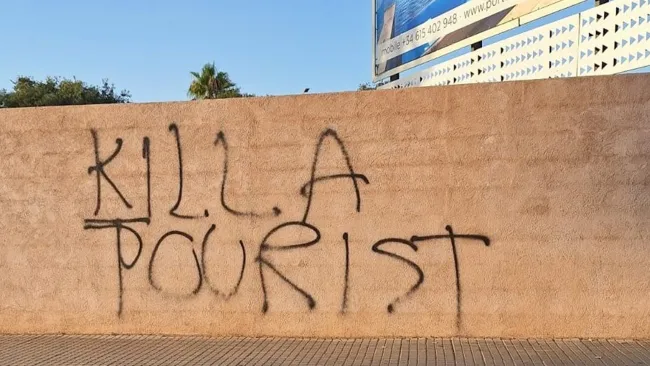Russia's deputy foreign minister Mikhail Bogdanov has warned the death of Hamas leader Ismail Haniyeh in Iran was unacceptable and will lead to an escalation of violence.
Haniyeh was killed in an Israeli raid early Wednesday in Tehran, according to the Palestinian militant group. Israel has yet to comment.
Israel has previously vowed to eliminate Hamas' leaders following the attack by the group on southern Israel on October 7 in which 1,200 people were killed and at least 250 were kidnapped. The ensuing war in Gaza has left at least 39,000 people dead according to Hamas-run health authorities there.
Bogdanov said Tuesday: "This is all very bad. This is an absolutely unacceptable political assassination, and it will lead to a further escalation of tensions," state news agency RIA Novosti reported.
The agency also reported that Bogdanov had said Haniyeh's "murder" will have a negative impact on ceasefire and hostage release negotiations in Doha.
The Russian foreign ministry said in a statement that "the organizers of this political assassination were aware of the dangerous consequences this action could have for the entire region."
Hamas said in a statement that Haniyeh had attended the inauguration of the new Iranian president, Masoud Pezeshkian, before he was killed in a raid on his residence in Tehran. Iranian media reported that Haniyeh had been staying at a building for war veterans when the attack occurred around 2 a.m. local time. Some reports suggested he had been killed in an airstrike.
Russia has not classified Hamas as a terrorist group. Officials from the Palestinian movement, including Haniyeh, have held meetings with Russian officials in Moscow in recent years. Hamas is viewed as a terrorist group by several countries, including the U.S. and many of its allies.
Bogdanov's comments come amid anticipation over what Iran will do next given that the Islamic republic would be considered a safe haven for Hamas officials. "Escalation is bounded by what Iran has the means to do," said Andrew Fox, defense analyst and a research fellow at the Henry Jackson Society, a London think tank.
"Iran's direct capability is very poor, which is why they are so keen on gaining nuclear weapons and why they use proxies around the Middle East," he told Newsweek. "Their options are also limited by the need to keep the U.S. and NATO allies out of the fight."
"The most dangerous option is a swift push for nuclear capability and using it, but this is unlikely. I expect to see possibly a brief surge in increased rocket attacks on Israel from Iranian proxies around the region followed by a return to the rate of rocket attacks we have seen since October 7."
Iran's Supreme Leader Ayatollah Ali Khamenei said in a statement that Israel has "prepared the ground for a harsh punishment for itself. Meanwhile, Turkey's foreign ministry condemned Israeli prime minister in its statement which said, "once again it becomes clear that the Netanyahu government has no intention of reaching peace."
Jordan said it condemns "in the strongest terms Israel's assassination" of the Hamas leader and warned of "more tension and chaos in the region." China's foreign ministry said it "resolutely opposes and condemns the assassination" and is "deeply concerned" about more turbulence in the region.
Newsweek has contacted the Israeli prime minister's office for comment.
Disclaimer: The copyright of this article belongs to the original author. Reposting this article is solely for the purpose of information dissemination and does not constitute any investment advice. If there is any infringement, please contact us immediately. We will make corrections or deletions as necessary. Thank you.



